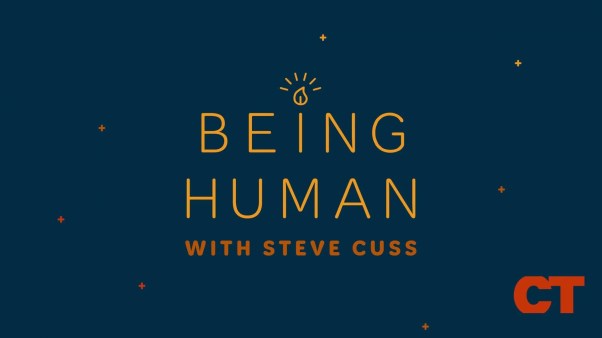A while ago, my husband and I went to a newcomers’ luncheon at a church we were considering attending. We watched as church staff, almost all in their early- to mid-30s, schmoozed with the young families. While I recognize the demands at these types of events, only one staff member connected with the newcomers who were obviously the oldest people in the room. We left the gathering feeling like we’d become an anachronistic punch line.
I’ve had one too many conversations with empty-nester peers about what it’s like to go to church once our kids are grown and gone. Our midlife crisis of faith came from questioning not our beliefs, but our role in the body of Christ.
When the bulletin is filled with announcements for mothers of preschoolers’ gatherings, family camping weekends, and Vacation Bible School, I know I’m welcome to lend a hand by baking muffins or doing crafts. I’ve gotten the message that, now that my own children have grown, my role is to support the real focus of the church: families.
Decades ago, baby boomers and older Gen Xers pushed to create churches centered on the young, nuclear family. Sadly, this ministry model now excludes many of us. Having outgrown the local church’s core programs, we’re left to usher, teach fourth-grade Sunday school, or attend committee meetings. At times, I can’t help thinking: Been there, done that. Got the Christian T-shirt to prove it.
While local churches work to reach a younger generation, some of their graying members are stepping away. In our 50s, 60s, and beyond, we face a new set of challenges: relationship shifts, loneliness, health risks, divorce, and death. Boomers have begun attending church less frequently, according to Barna Research, while Gen Xers registered a significant uptick in those with no church affiliation.
I recently took an informal survey on my blog, and heard from nearly 500 believers about their church experiences as they’ve gotten older. Most stayed involved, using their extra empty-nester time to serve and continue their relationships with other congregants. But a little less than half said they’d scaled back their involvement from what it had been a decade ago. Those who had downshifted or left cited weariness with church politics, increased career demands, significant time devoted to caring for parents or grandchildren, health issues, and a sense that they’d somehow outgrown their church. “I’m tired of the same programs year after year,” one said. “I want deeper relationships with fewer people, more spiritual exercises like prayer and meditation than the canned studies offered.”
Those who’d scaled back emphasized that they hadn’t quit their faith. Many churches categorize churchgoers only as committed or not-so-committed, sorting the two based on participation in already-existing programs.
Anecdotally speaking, it seemed that those over age 40 who discovered meaningful service, worship, and connections reported that their church was committed to intergenerational ministry rather than family-centered, child-focused programming. Though there is some overlap between the two ministry philosophies, the congregations that concentrate on families with children under 18 unintentionally marginalize those who don’t fit the profile. Churches with intergenerational ministry have invested in building connections between members of different ages and nurturing fruitfulness in every season of life.
The boomer attendance decline is forcing many congregations to rethink the way they’ve done church. Those in their second adulthood are most aware that they don’t have time to waste on church busywork. They may in fact be signaling the way forward for all of us.
When we church leaders ape our culture’s obsession with all things young and cool—targeting the same desirable demographic groups as do savvy advertisers—we communicate to those who don’t fit those specs that they are less desirable.
But congregations willing to do the hard work of attending to the basic components of pastoral care and spiritual formation among every demographic in their midst can rekindle the connection of the burned-out, faded away people who’ve been pushed to the margins. They may burn away the chaff of a subculture that seems to better reflect the folly of a couple of generations than it does God’s all-ages-welcome family.
Michelle Van Loon is the author of If Only: Letting Go of Regret and maintains her own blog, Pilgrim’s Road Trip, at the Patheos evangelical channel.









